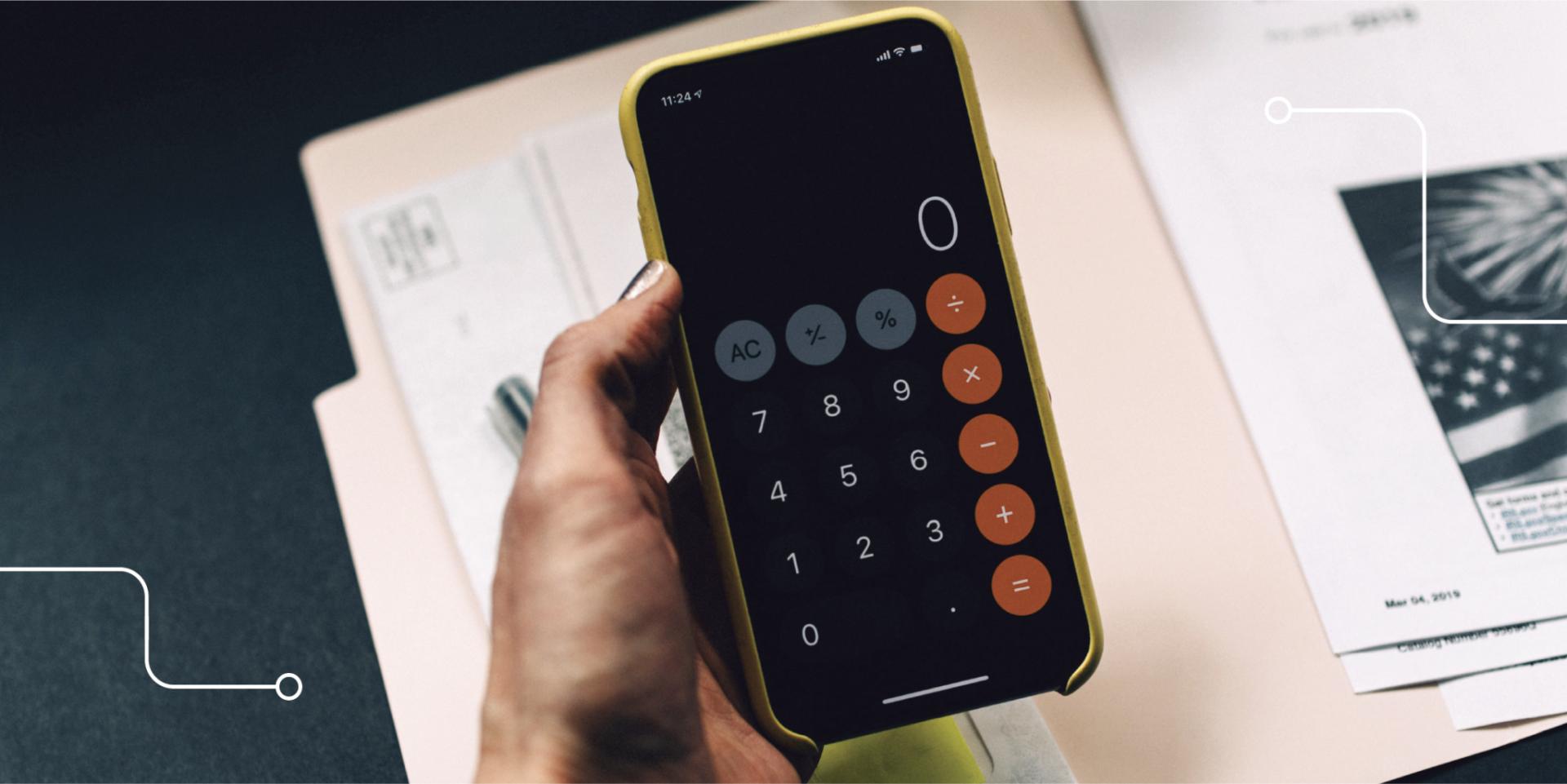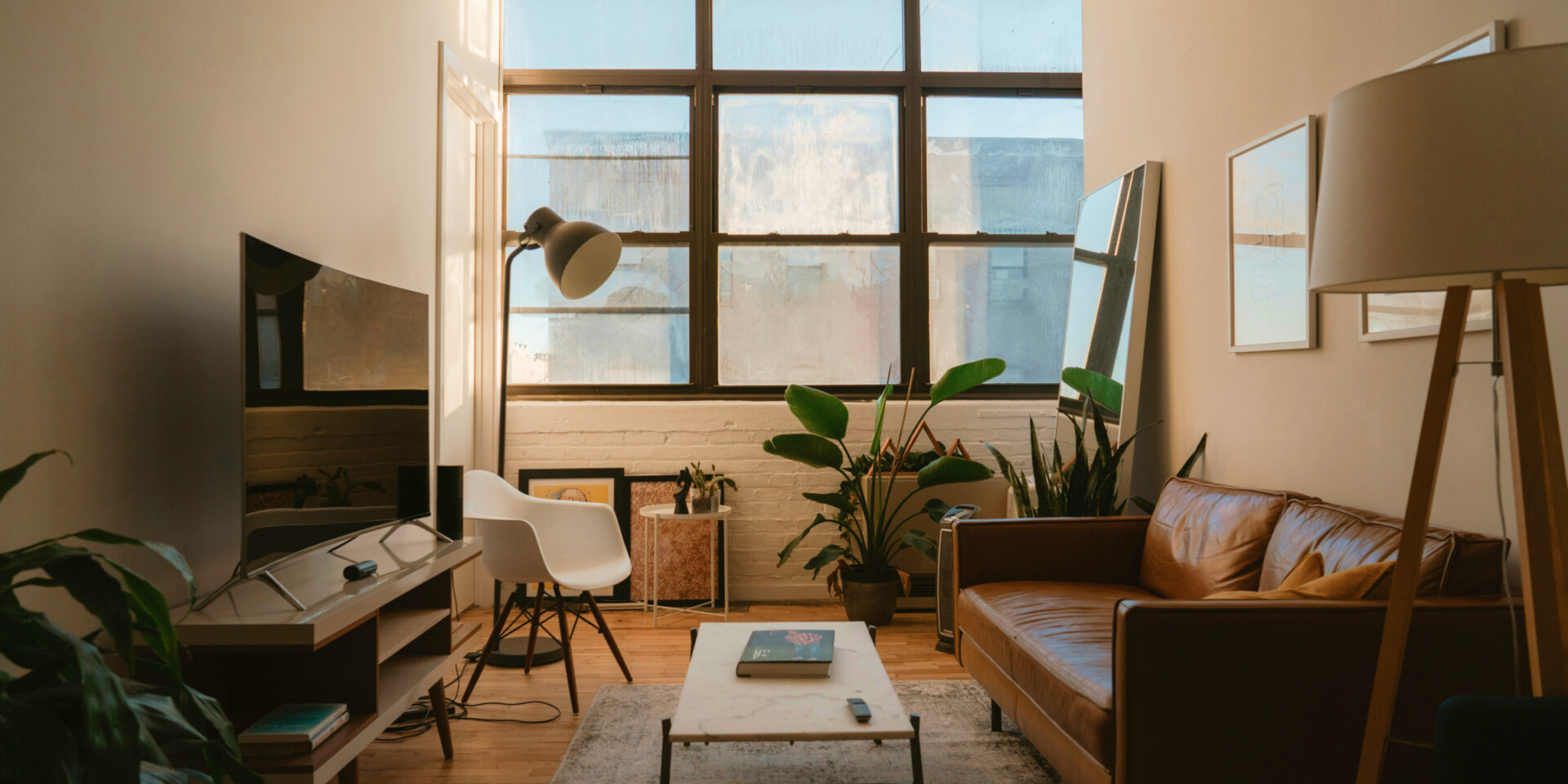How to build a budget to rent an apartment

Whether you’re new to renting an apartment or you’re getting back in the game, planning and budgeting are two key factors that will help set you up for success throughout your lease term. Building a budget to rent means more than just figuring out how much you want to pay – it’s anticipating things like recurring fees, added commute or pet expenses, or if having a roommate to split things with is a good idea. There’s a lot that goes into determining rent budget and it’s unique to each person, so here are a few pro tips to get started so you can be set up for success before, during, and after your apartment lease term.
Roommates and Co-signers
Roommates can be extremely beneficial in many ways when renting an apartment. They can be a built-in buddy when you want to binge Netflix, an easy-access dog walker when you need it, or an on-site therapist when you need to talk things through. Having a roommate can also provide an opportunity to simultaneously lower monthly costs and live at a property that might be out of your budget, otherwise. Here are three key things to consider if you’re thinking about renting with a roomie:
-Explore all the ways to split base rent. Sometimes two or three-bedroom floorplans feature, what we call, a “true” master bedroom that’s larger, has more storage space and sometimes features an ensuite. If this is the case, it may make more sense to split costs differently as opposed to 50/50. Try splitting the base rent by adding the cost-per-sqft for each bedroom to the evenly-split cost-per-sqft in the common areas. Splitting things down the middle might make the most sense, so assessing cost-per-sqft is just another perspective.
-Consider the liability for another person’s habits. When you’re picking your new roomie, you obviously want to ask a few seemingly personal questions to help ensure they’re right to live with. (Pro tip: besties don’t always equate to the best roomies) Outside of knowing their rental history and anything that could appear on a background check, you should also ask about apartment preferences. Do they like to keep the A/C cranked below arctic temps? Are they partial to cable TV as opposed to solely streaming content? Do they have a pet? Have you met their pet before? Asking questions like this will help you anticipate bill-split, the living environment and if getting your deposit back at the end of your lease term is realistic (no shade – we’ve all been there).
-Anticipate storage needs. Many properties offer on-site storage options for an extra monthly fee, typically starting around $25 per month and going up from there. If you and your roomie are combining furniture or one of you are downsizing a significant amount, this is a great way to have everything in one place and skip the task of coordinating and paying for storage separately.
The final note around roomies is the inclusion of co-signers. Co-signers are essentially a way for apartment properties to mitigate the amount of monetary risk they’re taking on renters with little to no rental history. They are a contractual part of your lease and financially and legally liable for anything that happens within the apartment that doesn’t get handled by the tenants themselves. If you’re a first-time renter or renting with someone who is, or has a very limited rental history, leveraging a co-signer could be something your property suggests or requires upon application. So, if you’re renting with a roommate, you’ll want to be as sure as possible they’re not going to do anything that would leave a co-signer responsible for the repercussions.
Upfront costs
Generally, every apartment property requires the payment of upfront costs in the form of application costs, administration fees, unit deposits, pet deposits if that’s applicable to you, and the last month’s rent. Sometimes properties will waive or reduce some of these fees to lower upfront costs, or refund tenants once they’re moved in. We suggest budgeting as if neither of those will happen so when they do, they’re a pleasant surprise! From the information our agents gather, here are starting rates for typical upfront fees:
-Application: starting around $65
-Admin: starting around $150
-Deposits: starting rates for studios/one-bedrooms around $200 to $300; two and three-bedrooms starting around $300 to $500
-Sure deposits*: (in lieu of larger deposits) starting around $75 to $100
-Pet deposits: starting around $300/pet (typically with only half being refundable at end of the lease term)
-Plus, your last month’s rent.
*Sure deposits are used as a replacement for regular, partially-refundable deposits. The trade-off is that they’re lower in cost and are non-fundable upon moving out.
Upfront costs can really add up sometimes. Saving for these prior to touring and applying for an apartment will deem extremely beneficial because they can sneak up on you. So, to save you a little bit of stress, plan for a full upfront payment of the things listed above.
Base rent and monthly fees
“Base rent” is the term for what rent is without any other added fees, features, or costs. Easy math for establishing a comfortable base rent: take your overall monthly income and divide it by three. Most every apartment will require prospective tenants to make three times their monthly rent and it is up to their discretion as to what qualifies as income. Some properties will include things such as student loans or savings accounts tied to your personal line of credit and will ask for proof or verification. Implementing the equation we noted above is certainly a great starting point for helping to establish a base rent that’s comfortable and realistic. The second half of solving this equation is planning for recurring monthly property fees.
Most properties provide services or amenities that offer certain lifestyle accommodations or conveniences requiring upkeep resulting in monthly fees to be paid by tenants. Yes, this is very typical of most properties and no, you cannot opt-out of them. Recurring monthly fees will cover things such as valet trash services, pest control, amenity upkeep, and sometimes 24-hour concierge service. If you decide to upgrade to things like reserved or covered parking or use on-site storage, you will incur a few additional monthly costs that will be layered on top of your base rent.
Bills and commuting costs
If you’re transitioning from student housing or moving on your own for the first time, monthly bills are important to anticipate separate from rent payments and monthly property fees. Bill payment dates may not always align with when rent is due, making them their very own layer of budgeting criteria. Sometimes water usage is paid through the property when rent is due and can fluctuate from month to month. Outside of that, monthly bills associated with your apartment include electricity, cable, and internet.
As you’re looking at neighborhoods and property location, keep commuting time and costs at the forefront of your mind. Consider the places you frequent such as work, social outings, fitness studios, your best friend’s weekly home happy hour, etc. Taking into consideration where and how often you’ll prospectively be commuting will help round out anticipated monthly spending.
Calculating a rent budget can feel like quite a feat, but once it’s done it can be a catalyst for calculated decision-making! Whether you’re looking to enter a lease sometime soon or want to set yourself up for success for your next lease term, step one is to bookmark this blog so you’re equipped with all the info you need to get the most out of your rent budget. Step two is to get linked with one of our free apartment locators in your city so you don’t have to worry about any of the legwork.







